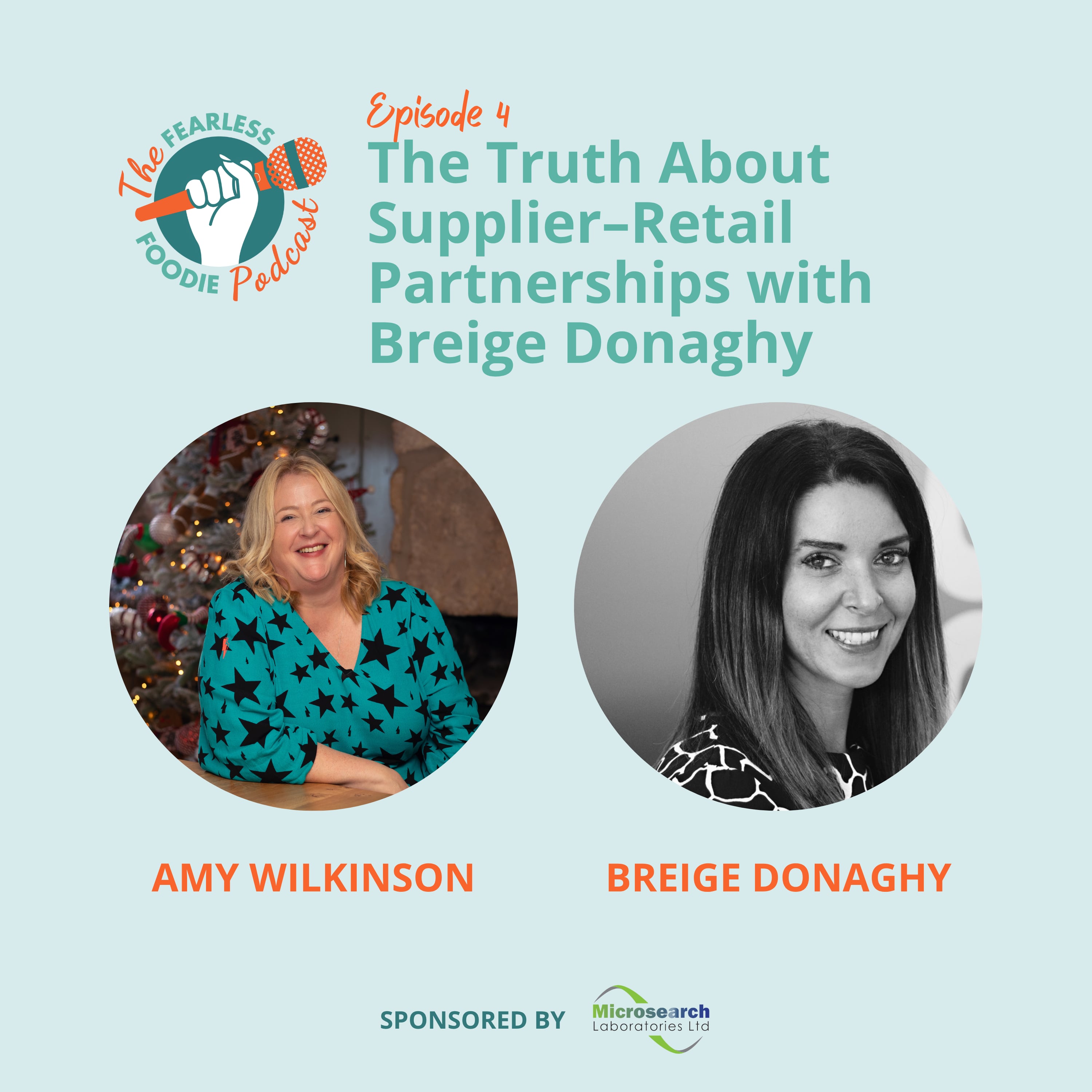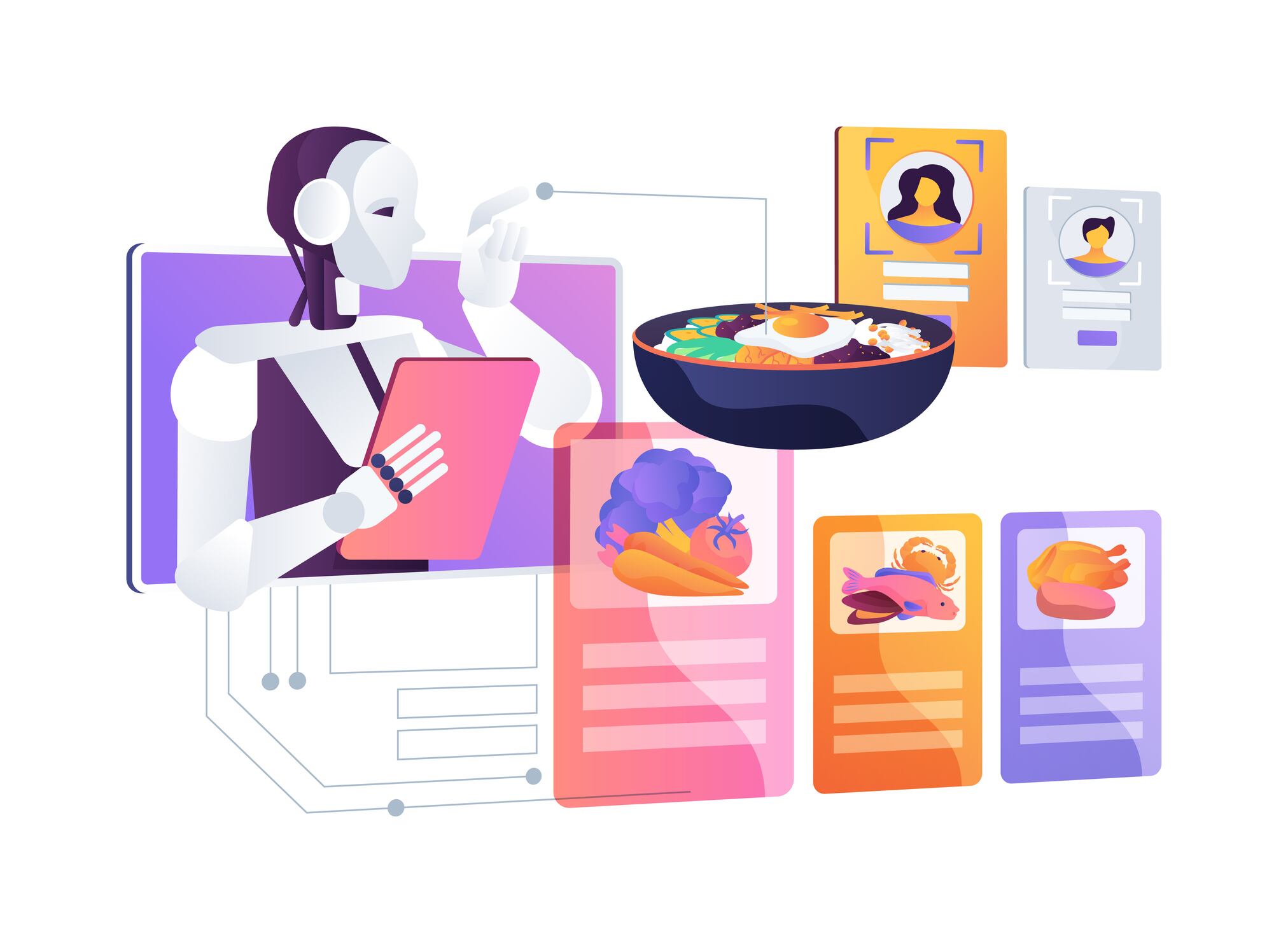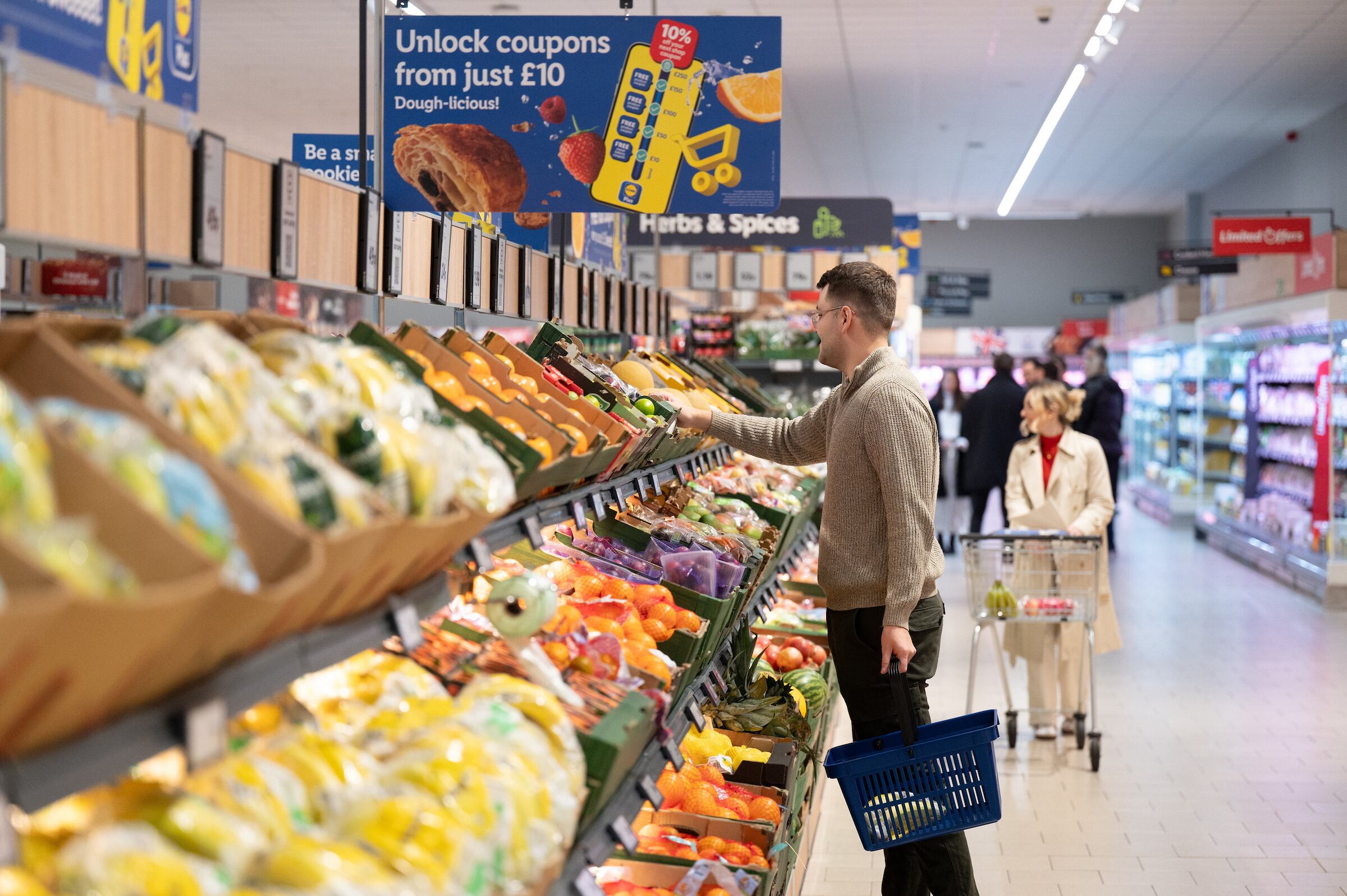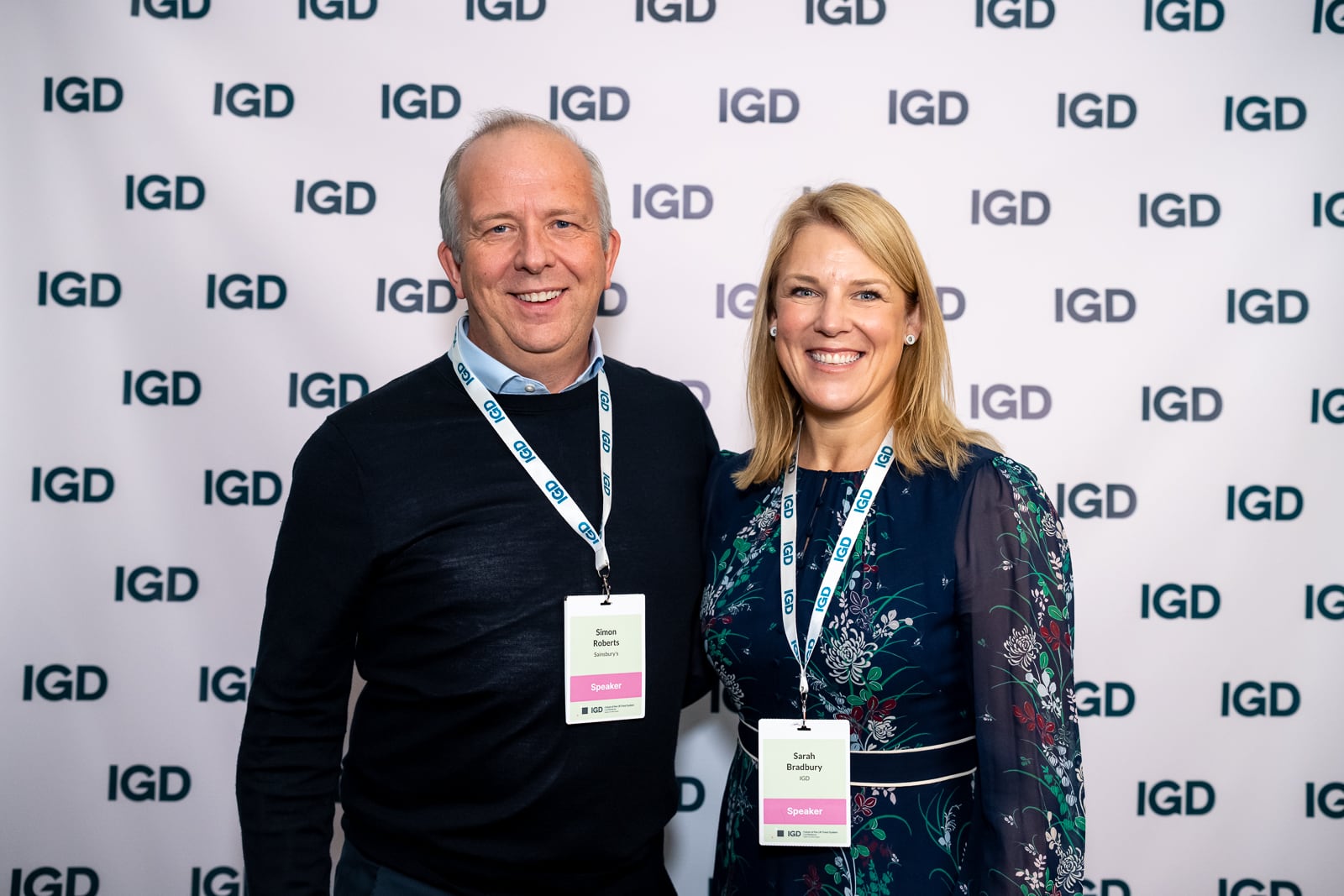UK food and drink manufacturers are facing pressures from all sides - with food inflation set to hit 5.7% by the end of 2025, new sustainability targets, and shifting consumer demands. In that context, it’s no surprise that many supplier–retailer conversations risk becoming narrow and transactional.
Yet as Tesco’s Breige Donaghy, director of product development and innovation, shared with me on The Fearless Foodie podcast, the manufacturers who stand out are those who find ways to add value beyond the obvious — bringing insight, ideas and partnership that help shape the future food system.
Her insights boil down to six shifts manufacturers can make right now. They are practical, everyday behaviours that suppliers can put into action straight away.
1. Stop waiting for the brief
Too often, suppliers sit back until a buyer or developer issues a category brief. Donaghy’s suggestion was clear: don’t wait.
Retailers want suppliers who bring opportunities to the table - new formats, market gaps, alternative ingredients, different ways of thinking. This doesn’t mean overloading the category team with half-baked concepts (they need to be born out of insight), but it does mean moving from reactive to proactive.
If you want to stand out, ask yourself: when was the last time I walked into a meeting with an idea that was driven by my business vs the retailer pushing for it?
2. Put the shopper at the heart
Retailers live or die by the shopper. As manufacturers it’s important to remember that the ultimate customer isn’t the retailer - it’s the consumer picking up the product.
Embedding customer insight into every proposal is what builds credibility. Show how your product or idea answers a real shopper need, not just how it fits your factory capabilities.
As Donaghy put it: “Start with the customer and be customer-obsessed. There’s always a business reason to do it.”
3. Build a relationship where you can be honest
Supplier–retailer relationships can get stuck in politeness and second-guessing. We avoid saying what’s hard because we don’t want to upset the balance.

But honest conversations are the foundation of true partnerships. That means telling the truth about what’s achievable, where the risks lie, and how you might solve problems together.
“Suppliers should feel secure enough to say what’s achievable and what’s going to be tough. That honesty is what unlocks innovation,” Donaghy explained.
4. Be a critical friend
There’s a myth that retailers only want suppliers who agree with them. In reality, they value partners who challenge respectfully, backed with rationale.
Nobody wants an echo chamber. What they need are ‘critical friends’ who stretch their thinking and bring perspectives they wouldn’t have considered.
For manufacturers, this means coming prepared to ask questions, share insights, and sometimes say: ‘Here’s why we don’t think that’s the best route - and here’s an alternative’.
5. Turn data into action
Most suppliers talk about the data. Far fewer turn it into action.
Donaghy was clear; retailers don’t need another dashboard. They need to know what should change as a result. Which SKUs should be scaled back? Which ones have headroom to grow? Where do we test and learn?
The message is simple: stop showing data for reporting’s sake. Start using it to shape decisions.
6. Deliver today, invest in tomorrow
Consistency on the basics still matters - availability, quality, on-time delivery. Without that, everything else is noise.
But the best suppliers also carve out time and space for innovation. They don’t just focus on firefighting today; they invest in tomorrow’s longer term plan, and include sustainability and health challenges in their thinking.
This is where the partnership mindset really shows. As Donaghy noted: “Development isn’t just about what’s new. It’s about how we deliver across the whole business agenda - health, sustainability, resilience - while still giving customers something exciting.”
Why does this matter right now?
The UK food and drink manufacturing sector is under pressure from all sides: cost inflation, supermarket price wars, the health and sustainability agenda, and shoppers who expect more for less.
In this environment, transactional suppliers will find themselves squeezed. The manufacturers who thrive will be the ones who build trust, bring ideas, and act as collaborators in solving the industry’s biggest challenges.
The truth is that retailers don’t want suppliers who simply ‘make it happen’. They want partners who share the risk, share the insight, and share the responsibility of shaping the next chapter of food.
If you’re a supplier into retail, ask yourself: which of these six shifts could you put into practice this week? Sometimes it’s as simple as being a bit more honest in conversation, being open about a risk, or bringing one fresh idea to the table.
As Donaghy reminded me, “The choices we make together today will shape the next 10, 20 years of the food system.”
That’s both a challenge and a privilege.
This article is based on the conversation with Breige Donaghy on the episode of The Fearless Foodie podcast, released today (7 October 2025). Listen here: The Fearless Foodie.




